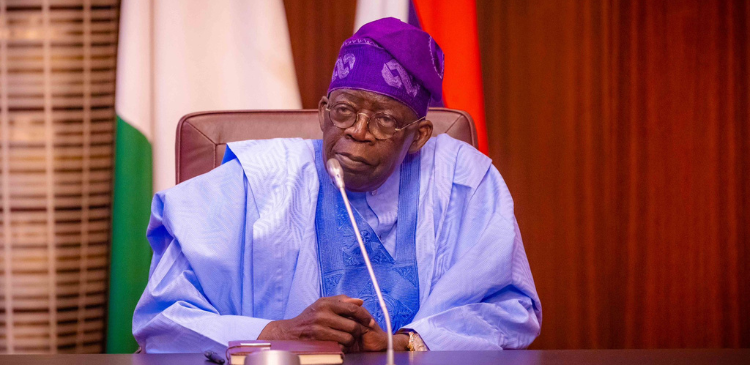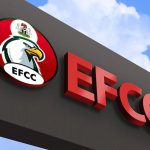In a significant move towards bolstering Nigeria’s fiscal policy and tax framework, President Bola Tinubu has given his approval for the establishment of a presidential committee dedicated to this cause.

The announcement was made by Dele Alake, the special adviser to the president on special duties, communications, and strategy, in a statement released on Friday.
The committee, comprised of experts from both the private and public sectors, will be tasked with various responsibilities, including tax law reform, fiscal policy design and coordination, harmonization of taxes, and revenue administration.
Leading the committee as its chairman will be Taiwo Oyedele, a renowned fiscal policy partner and Africa tax leader at PriceWaterhouseCoopers (PwC).
The primary objective of the committee, as outlined by Alake, is to enhance the efficiency of revenue collection, promote transparent reporting, and ensure the effective utilization of tax and other revenues. These measures are aimed at boosting citizens’ tax morale, cultivating a healthy tax culture, and encouraging voluntary compliance.
In response to the announcement, Zacchaeus Adedeji, the special adviser to the president on revenue, emphasized the significance of a sound fiscal policy environment and an efficient taxation system for the effective functioning of the government and the overall economy.
Adedeji noted that Nigeria’s global ease of paying taxes ranking is considerably low, while the country’s Tax to GDP ratio falls well below the African average, resulting in an overreliance on borrowing to finance public spending.
Adedeji stated, “This has led to a vicious cycle of inadequate funding for socio-economic development, as debt service costs consume a greater portion of government revenue annually. Despite some incremental progress, the outcomes have not been transformative enough to change the narrative.”
The special adviser highlighted several key challenges within Nigeria’s tax system, including the existence of multiple tax and revenue collection agencies, a fragmented and complex tax structure, low tax morale, and a high prevalence of tax evasion.
Other challenges include the high cost of revenue administration, lack of coordination between fiscal and economic policies, and insufficient accountability in the utilization of tax revenue.
“Our aim is to transform the tax system to support sustainable development and achieve a minimum Tax to GDP ratio of 18% within the next three years, without stifling investment or economic growth,” said Adedeji.
He further emphasized that the committee’s role extends beyond providing recommendations; it will actively drive the implementation of those recommendations to support the comprehensive fiscal policy and tax reform agenda of the current administration.
With the establishment of the presidential committee, Nigeria takes a significant step towards addressing the challenges hindering its tax system.
The government’s commitment to fiscal policy and tax reforms demonstrates its determination to create a more transparent, efficient, and equitable taxation system, ultimately fostering sustainable development and economic growth.





Comments are closed.